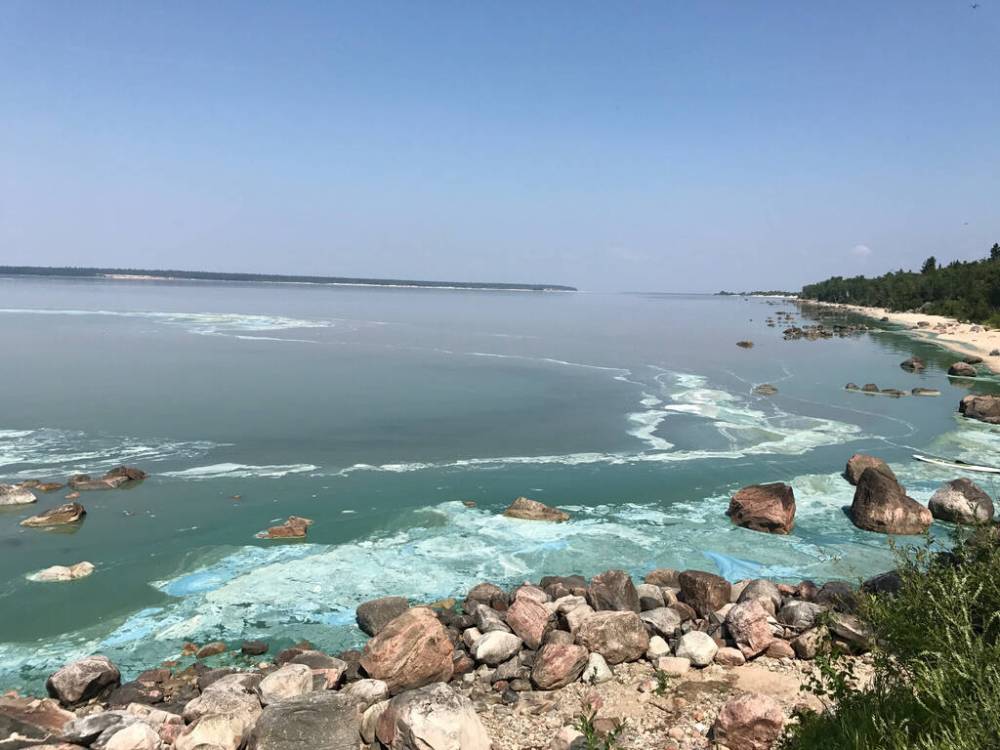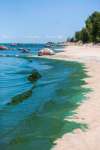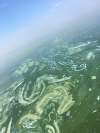Ottawa’s lake response watered down
Advertisement
Read this article for free:
or
Already have an account? Log in here »
To continue reading, please subscribe:
Monthly Digital Subscription
$0 for the first 4 weeks*
- Enjoy unlimited reading on winnipegfreepress.com
- Read the E-Edition, our digital replica newspaper
- Access News Break, our award-winning app
- Play interactive puzzles
*No charge for 4 weeks then price increases to the regular rate of $19.00 plus GST every four weeks. Offer available to new and qualified returning subscribers only. Cancel any time.
Monthly Digital Subscription
$4.75/week*
- Enjoy unlimited reading on winnipegfreepress.com
- Read the E-Edition, our digital replica newspaper
- Access News Break, our award-winning app
- Play interactive puzzles
*Billed as $19 plus GST every four weeks. Cancel any time.
To continue reading, please subscribe:
Add Free Press access to your Brandon Sun subscription for only an additional
$1 for the first 4 weeks*
*Your next subscription payment will increase by $1.00 and you will be charged $16.99 plus GST for four weeks. After four weeks, your payment will increase to $23.99 plus GST every four weeks.
Read unlimited articles for free today:
or
Already have an account? Log in here »
Hey there, time traveller!
This article was published 22/03/2022 (1361 days ago), so information in it may no longer be current.
The Lake Winnipeg Foundation is giving the Trudeau government a failing grade in making meaningful improvements in reversing years of algae blooms.
“We have a crisis of political will,” said executive director Alexis Kanu.
She shared with the Free Press a report card her group published today, evaluating federal responses to actions the foundation outlined a year ago.

Ottawa still lacks an actual target for reducing how much phosphorus reaches the lake, despite scientists pointing to the mineral as the primary driver of algae blooms that threaten habitats.
“The federal government is well-intentioned. They’re saying the right things; they have the tools at hand. But we’re lacking the follow-through,” Kanu said.
The group graded Ottawa’s response to 13 issues it laid out in a December 2020 report, issuing not a single A, three B grades for initiatives such earmarking funding, and five D grades for scant progress in setting targets informed by monitoring programs.
The group assigned one F — which Kanu was surprised to have applied to integrating Indigenous nations into the federal-provincial agreement which co-ordinates action on the lake.
The five-year memorandum, signed in August, pledges to “make efforts to work with Indigenous peoples” instead of actually including them as signatories, as multiple groups had asked.
“Bureaucrats and politicians wait until the last minute to bring Indigenous people in… most of the time that leads to a bitter taste for knowledge-holders,” said Daniel Gladu Kanu, director of the Lake Winnipeg Indigenous Collective (who is married to Kanu).
Similarly, a slew of monitoring programs with significant Indigenous participation have been promised federal funds, but there is little evidence their findings are being used to inform Ottawa’s approach to the watershed.
“It can’t just be kind words; it has to be real resources,” said Gladu Kanu, who said Indigenous people see the lake as a cherished relative who is suffering.
The report notes in November, federal auditors found a lack of co-ordination in Ottawa’s freshwater strategy, such as sharing data gathered by agricultural regulators and co-ordinating different departments’ research projects.
Meanwhile, the foundation is concerned at Ottawa’s lack of clear targets for reducing phosphorus in hotspots, despite American and Canadian officials calling for them through the International Joint Commission, which administers watersheds.
The analysis notes a focus on efforts to modernize wastewater systems to reduce nitrogen, but not a commensurate approach to stemming phosphorus loading, which was flagged in decades-long research by the Experimental Lakes Area as a key driver of algae blooms.
The foundation also finds scant data on the enforcement of the Fisheries Act in the Lake Winnipeg watershed, making it hard to tell how well wetlands are being protected, or what is being done to limit the spread of invasive species.
Alexis Kanu said Manitobans should resist seeing Lake Winnipeg’s problems as intractable. Instead, she’d like people to mark World Water Day today by pushing for measurable targets and clear roles, rather than the current mix of working groups and piecemeal funding announcements.
“We need to lay out a plan and assign responsibility for actions to reduce phosphorous, to meet the (currently non-existent) target,” she said.
“We know what needs to be done; we know who needs to be involved.”
Winnipeg South MP Terry Duguid is parliamentary secretary to the environment minister, and administers the government’s Lake Winnipeg Basin Program. Duguid, whom the Free Press did not approach for an interview, has pledged the program will be expanded in April’s budget, instead of being left to expire March 31.
“Budget 2022 is a critical one for Lake Winnipeg,” said Kanu, who will be looking for commitments to ongoing research, clear targets and Indigenous knowledge.
“It’s easy to waste money; it’s harder to ensure that we’re using the best evidence at hand, to make sure that funding generates actual results.”
dylan.robertson@freepress.mb.ca









